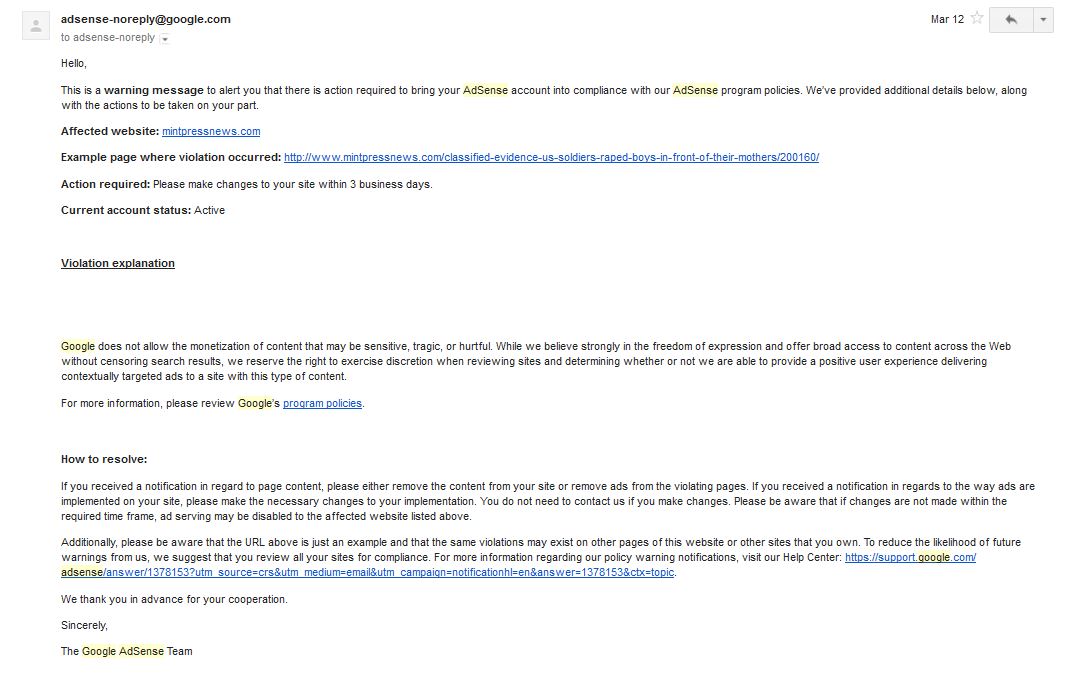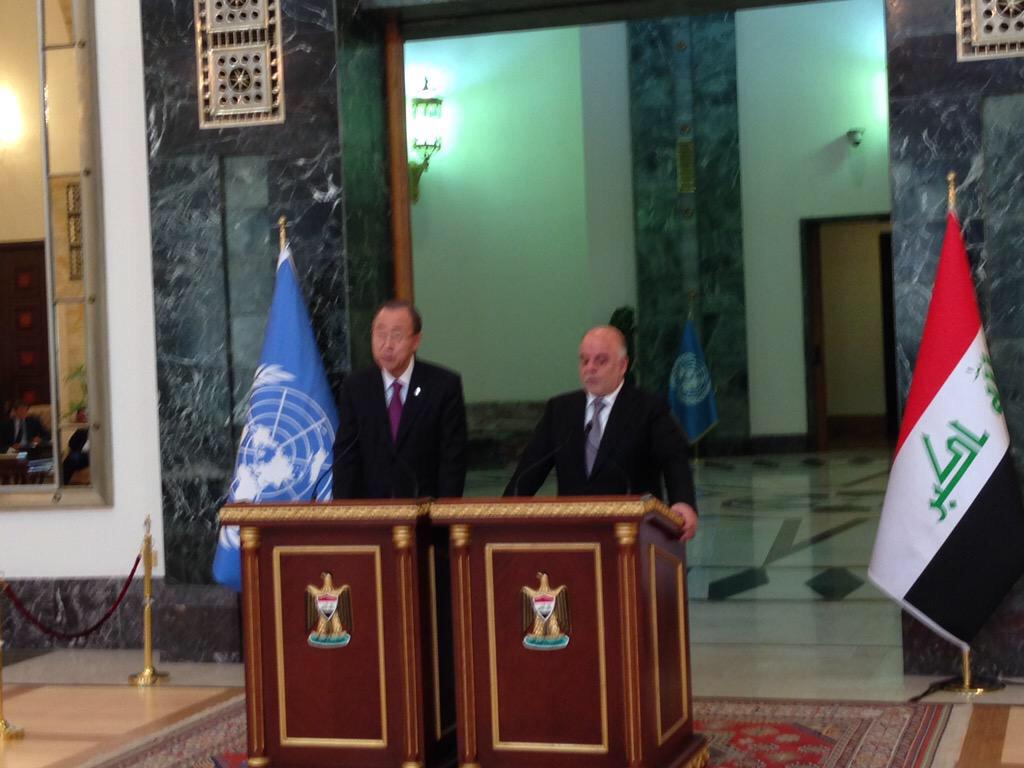Yemen: At least six civilians burn to death in further airstrikes overnight

Armed forces led by Saudi Arabia has been launching airstrikes on regions of Yemen since last week. ©FAYEZ NURELDINE/AFP/Getty
There is growing evidence that the Saudi Arabian-led military coalition is failing to take precautions to prevent civilian deaths amid ongoing airstrikes on sites around Yemen, Amnesty International said, as it confirmed that at least six civilians, including four children, were among 14 people who burned to death in further strikes early this morning.
The attacks, carried out at around 2 AM in Ibb governorate, were apparently targeting a Huthi checkpoint as well as fuel supplies along the road between Yareem and Dhammar. The dead included four children and two women, as well as eight men, but it is unknown if any of those were fighters. At least 31 others were hospitalized with burns and shrapnel wounds.
“After several days of often intense bombardment in several areas across Yemen, it is becoming increasingly apparent that the Saudi Arabian-led coalition is turning a blind eye to civilian deaths and suffering caused by its military intervention,” said Said Boumedouha, Deputy Director of Amnesty International’s Middle East and North Africa Programme.
“International humanitarian law requires all warring parties to take all feasible precautions to spare civilians amid the hostilities.”
Precautions include giving effective advance warning of attacks which may endanger the civilian population, cancelling or suspending an attack if it becomes clear that it is likely to cause excessive civilian casualties or damage, and choosing means and methods of attack that minimize the risk to civilians and civilian objects.
Two petrol stations were destroyed in the airstrikes on Ibb governorate. According to the owner of one of the stations, in al-Kadima area in al-Kita, several passengers were killed in a car which had stopped to refuel, and a petrol station worker was injured. Amnesty International has not been able to ascertain if there were casualties at the other petrol station.
A third strike, apparently aimed at a passing fuel tanker, set fire to at least three civilian homes within a cluster of around 30-40 homes.
Dr. Hamood al-Jihafi in Yareem hospital told Amnesty International how the dead and injured arrived after suffering horrific burns and shrapnel injuries.
Camp and market hit by airstrikes
Camp and market hit by airstrikes
The strikes on Ibb come a day after 29 civilians, including children, were killed in airstrikes on a bridge at al-Mazraq camp for internally displaced persons (IDPs) on 30 March in Sa'ada, in northern Yemen near the border with Saudi Arabia. Meanwhile, al-Kitaf market next to the al-Kitaf Military Base was targeted on 27 March, where 20 people, including three children were killed, and 16 were injured.
Humanitarian agencies, including UNICEF and Médecins Sans Frontières, condemned the attack on al-Mazraq and called on all parties to the armed conflict in Yemen to respect the neutrality of medical facilities and staff, and allow unhindered access to medical assistance for the wounded.
There have been conflicting reports about the alleged presence of Huthi fighters near the camp, but even if true, this would not justify an attack on a densely populated civilian area.
“All forces should avoid deploying or locating military targets or fighters within or near densely populated areas. However, the alleged presence of fighters near civilian objects, including camps for the displaced, does not mean warring parties can forget about their obligation to minimize civilian harm,” said Said Boumedouha.
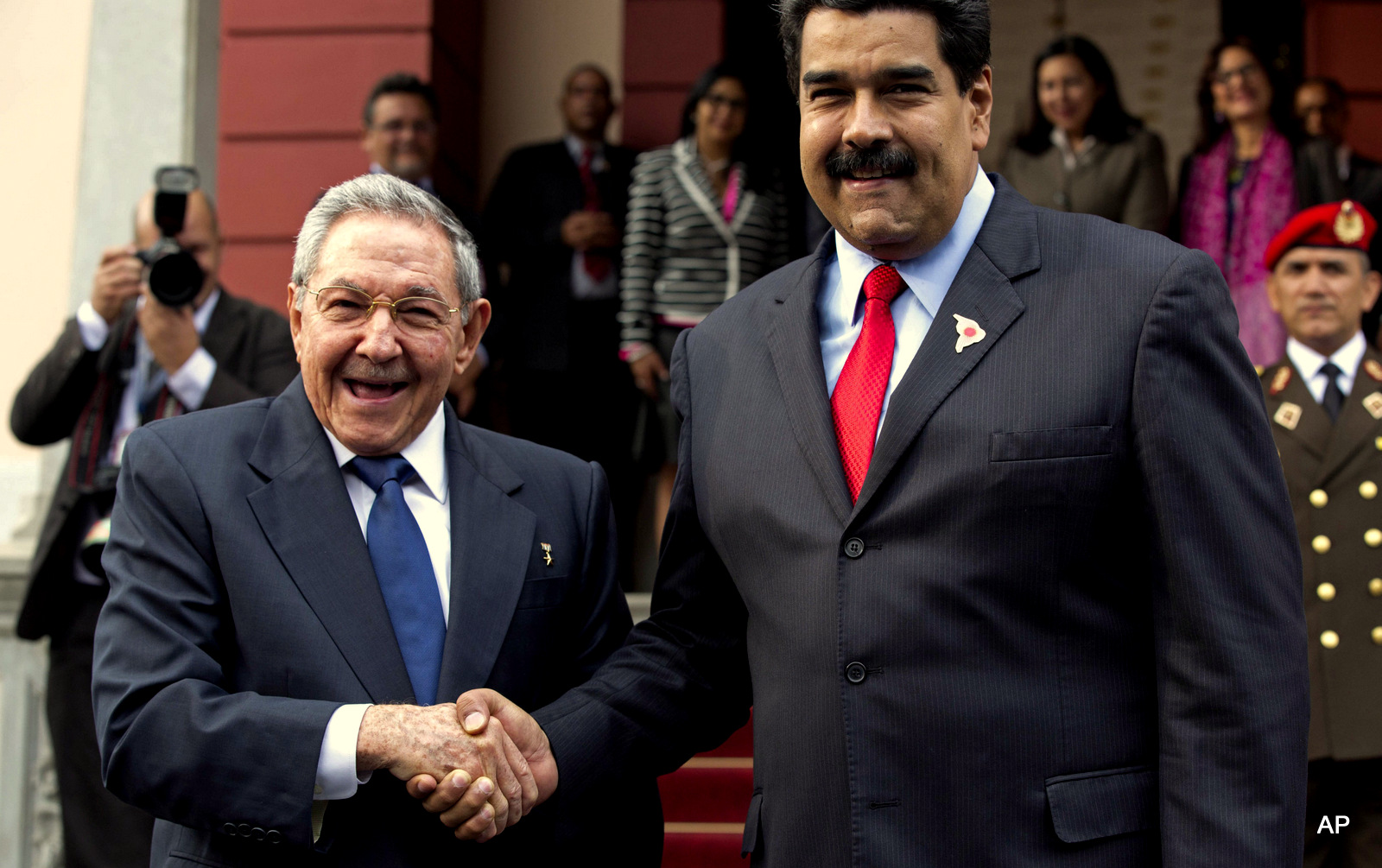
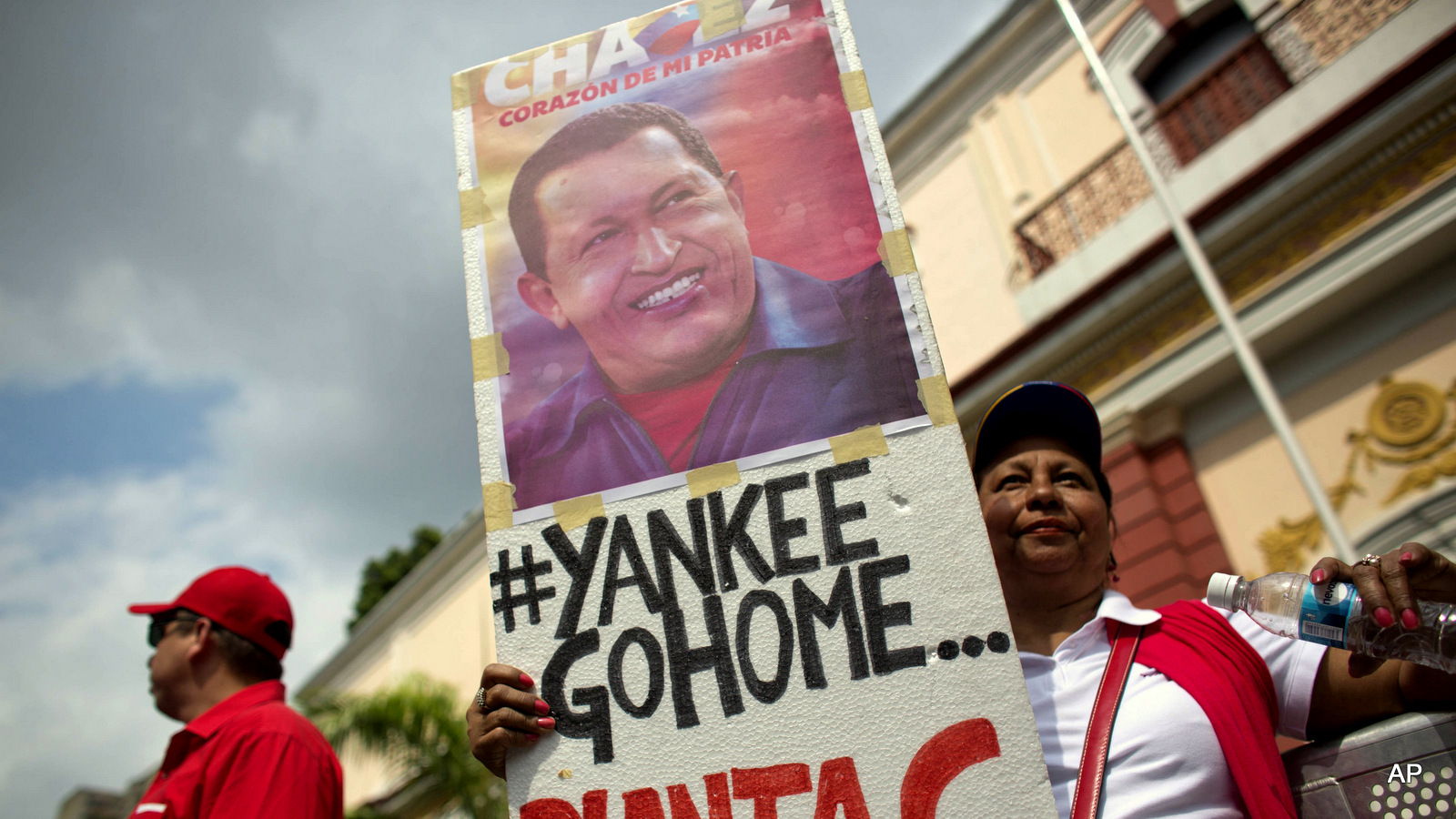 A government supporter holds a sign showing a picture of Venezuela’s late President Hugo Chavez during an anti-imperialist rally at Miraflores presidential palace in Caracas, Venezuela, Wednesday, March 18, 2015. The rally was held amid tensions between Venezuela and the U.S. after President Nicolas Maduro this month said Washington is plotting to oust him and ordered the U.S. Embassy in Caracas to slash staffing levels. The U.S. later levied sanctions against seven Venezuelan officials accused of human rights violations.
A government supporter holds a sign showing a picture of Venezuela’s late President Hugo Chavez during an anti-imperialist rally at Miraflores presidential palace in Caracas, Venezuela, Wednesday, March 18, 2015. The rally was held amid tensions between Venezuela and the U.S. after President Nicolas Maduro this month said Washington is plotting to oust him and ordered the U.S. Embassy in Caracas to slash staffing levels. The U.S. later levied sanctions against seven Venezuelan officials accused of human rights violations.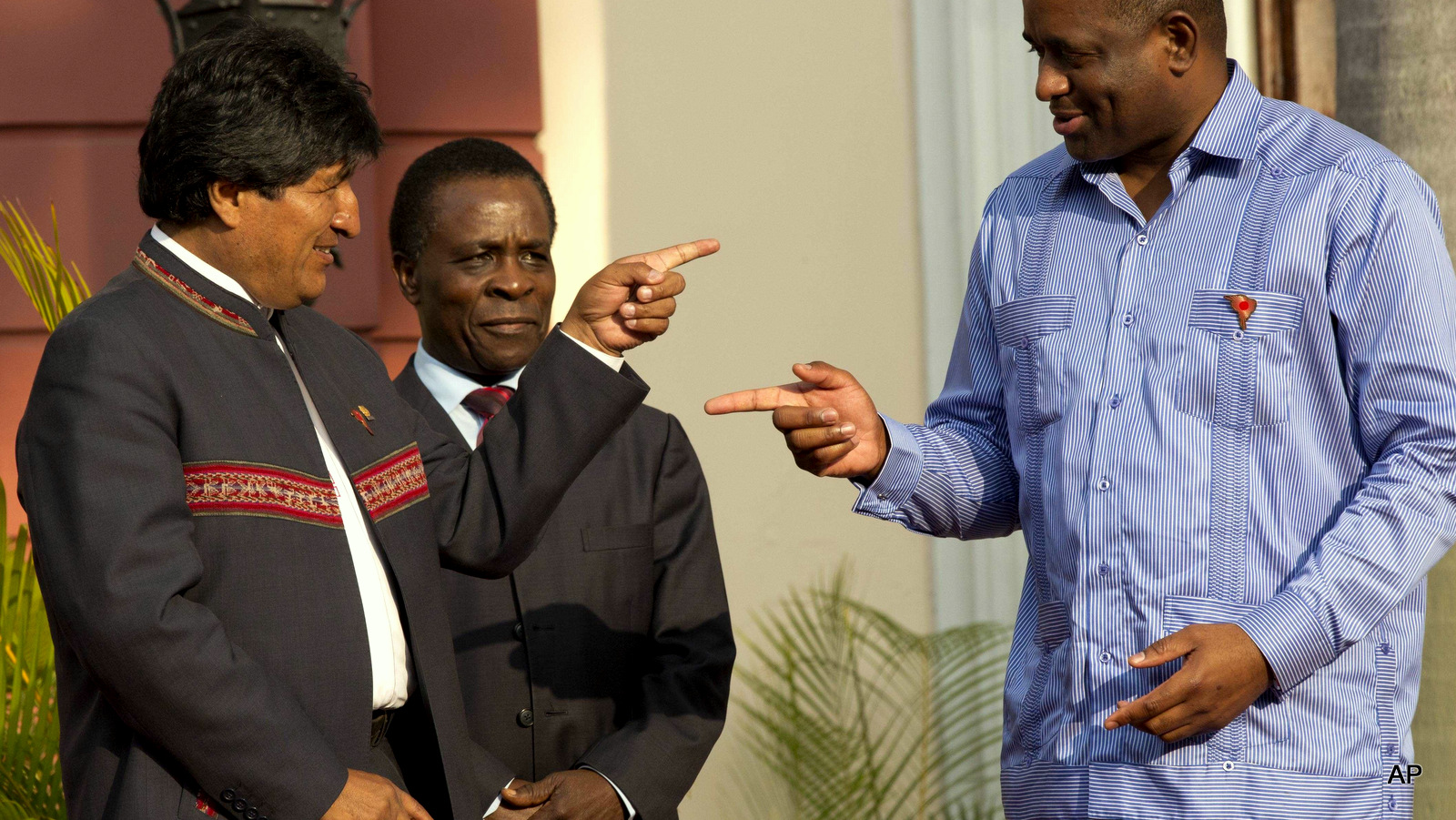 Bolivia’s President Evo Morales, left, speaks with Dominica’s Prime Minister Roosevelt Skerrit, right, as Grenada’s Prime Minister Keith Mitchell stands behind as they gather for a group photo at the start of an emergency ALBA meeting at Miraflores presidential palace in Caracas, Venezuela, Tuesday, March 17, 2015. The Venezuelan-led ALBA bloc of leftist regional governments is expected to express support for Venezuela’s position that its sovereignty is being violated by U.S. attempts to destabilize the country.
Bolivia’s President Evo Morales, left, speaks with Dominica’s Prime Minister Roosevelt Skerrit, right, as Grenada’s Prime Minister Keith Mitchell stands behind as they gather for a group photo at the start of an emergency ALBA meeting at Miraflores presidential palace in Caracas, Venezuela, Tuesday, March 17, 2015. The Venezuelan-led ALBA bloc of leftist regional governments is expected to express support for Venezuela’s position that its sovereignty is being violated by U.S. attempts to destabilize the country. Javier Yanez stands on his balcony where he hung a U.S. and Cuban flag in Old Havana Cuba, Friday, Dec. 19, 2014. Photo credit: AP.
Javier Yanez stands on his balcony where he hung a U.S. and Cuban flag in Old Havana Cuba, Friday, Dec. 19, 2014. Photo credit: AP.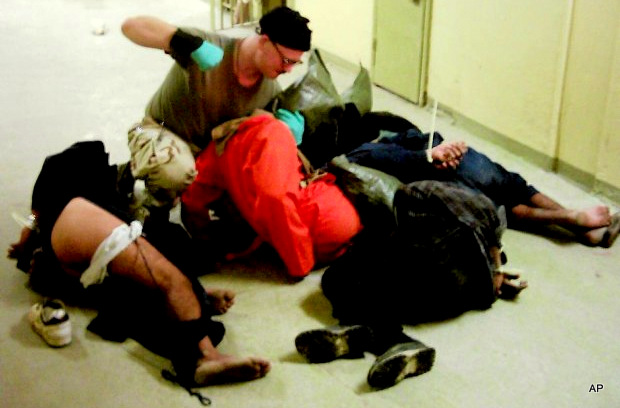
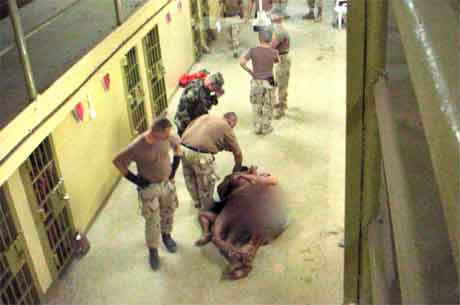
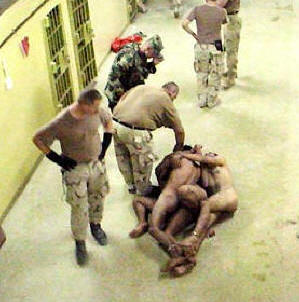
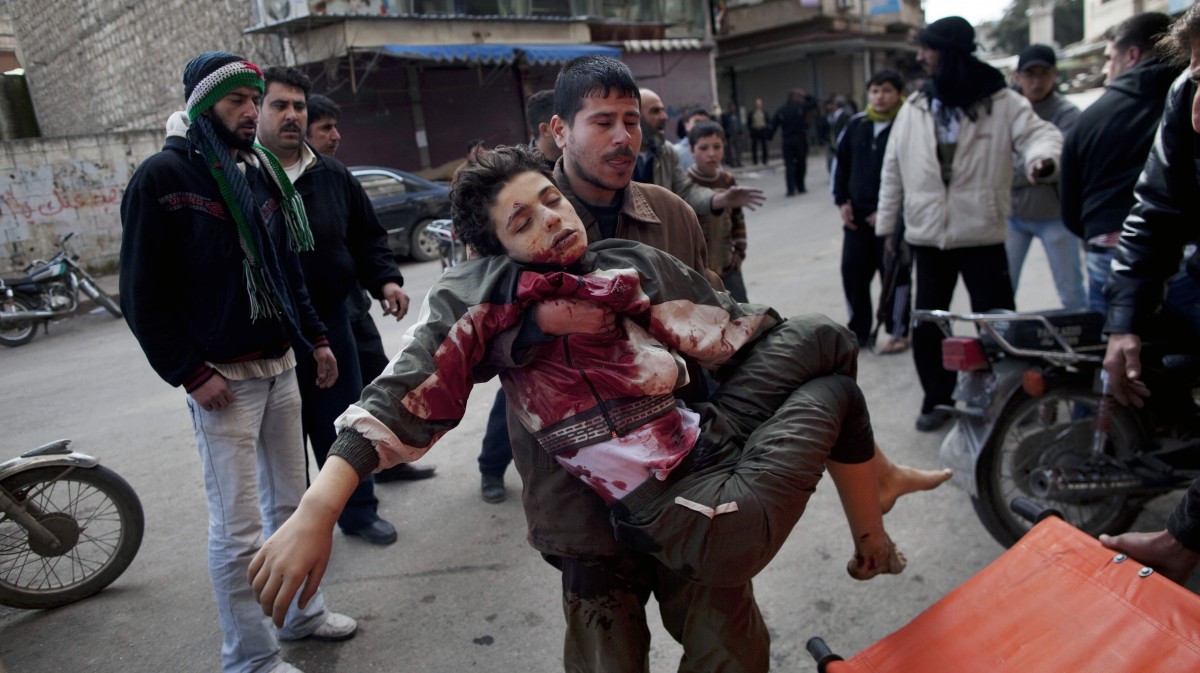 A man carries a boy who was severely wounded during heavy fighting between Syrian rebels and Syrian Army forces in Idlib, north Syria, March 11, 2012. This photo was ordered to be removed by Google for violation of their Ad Sense policies on violence. Photo: Rodrigo Abd/AP.
A man carries a boy who was severely wounded during heavy fighting between Syrian rebels and Syrian Army forces in Idlib, north Syria, March 11, 2012. This photo was ordered to be removed by Google for violation of their Ad Sense policies on violence. Photo: Rodrigo Abd/AP.
